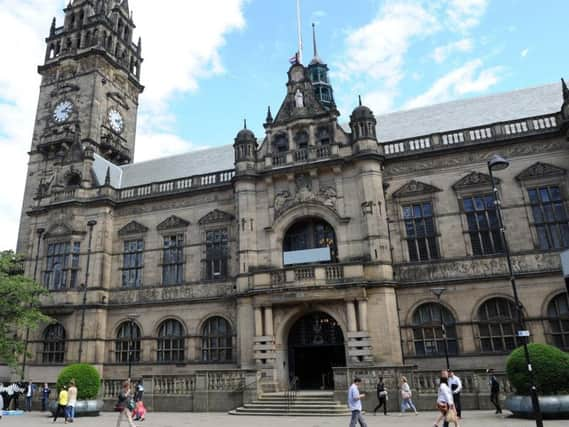Sheffield Council winds down use of spying powers, after employing covert surveillance 18 times in one year


Council officers used covert surveillance techniques 18 times in a single year during 2011 but only did so once in 2014 and 2015 and not at all in 2016, the last full year covered by a new report.
Privacy campaigners have criticised local authorities in the past for using the Regulation of Investigatory Powers Act (RIPA), which was designed to fight terrorism and serious crime, to snoop on the public over much more minor offences via listening devices, cameras and private detectives.
Advertisement
Hide AdAdvertisement
Hide AdAn investigation by the Office of Surveillance Commissioners (OSC) found in January last year that Sheffield Council had like most councils significantly reduced its use of the act in recent years.
Having been authorised to use the powers on 42 occasions prior to the last inspection in 2013, it had used them just twice in the intervening period.
However, the commissioners' report raised concerns about whether officers received adequate training to ensure the powers were used proportionately and only sought when absolutely necessary.
The last time the powers were authorised, according to a new council report, was in February 2015, when they were used to conduct test purchases of cigarettes at eight premises.
Advertisement
Hide AdAdvertisement
Hide AdBefore that they were employed in March 2015 to investigate suspected benefit fraud, and on five occasions in 2013 to probe suspected benefit fraud or illegal cigarette sales.
A council report due to go before the audit and standards committee on Thursday says it has responded to the OSC's concerns by providing extra training.
"Sheffield Council is a low user of surveillance powers under RIPA," states the report, written by Steve Eccleston, the council's assistant director of legal services.
"Where surveillance is considered to be a lawful, necessary and proportionate step in an investigation an application is made to a magistrate for authority.
Advertisement
Hide AdAdvertisement
Hide Ad"In accordance with the most recent report from the OSC, general training has been provided to applicants and approvers for directed surveillance."
The report adds that a new policy has been drawn up to ensure staff using social media do not 'inadvertently' slip into covert surveillance by trawling an individual's pages without that person's knowledge.
Councils wishing to use RIPA to carry out covert surveillance must apply for approval to do so from magistrates.